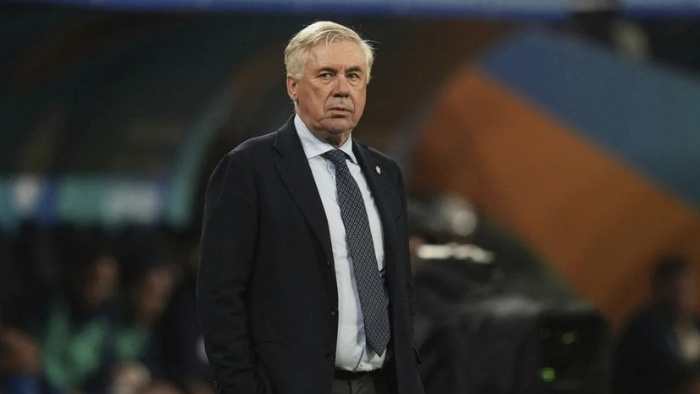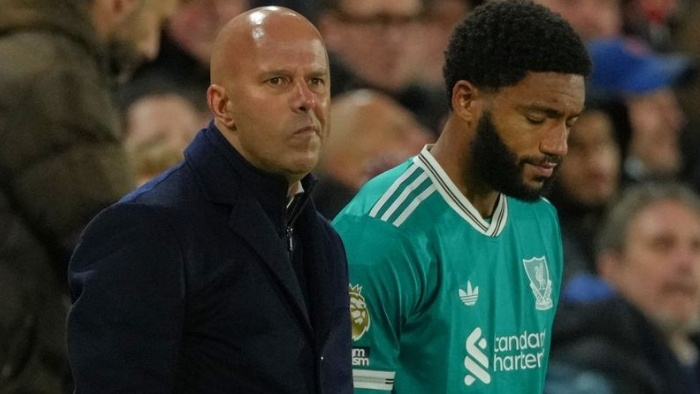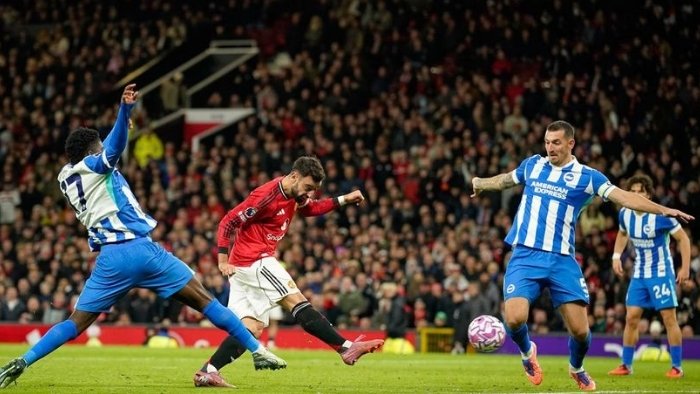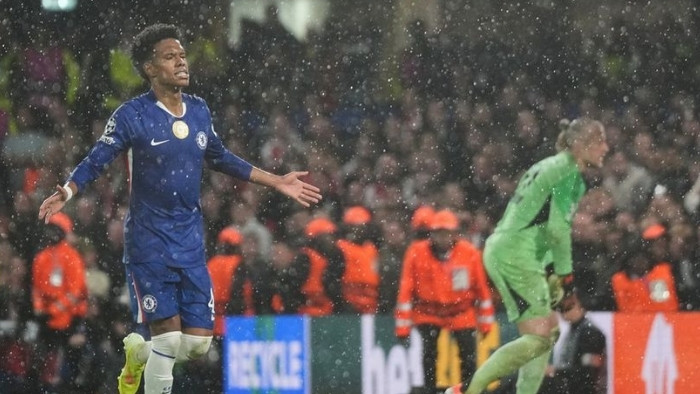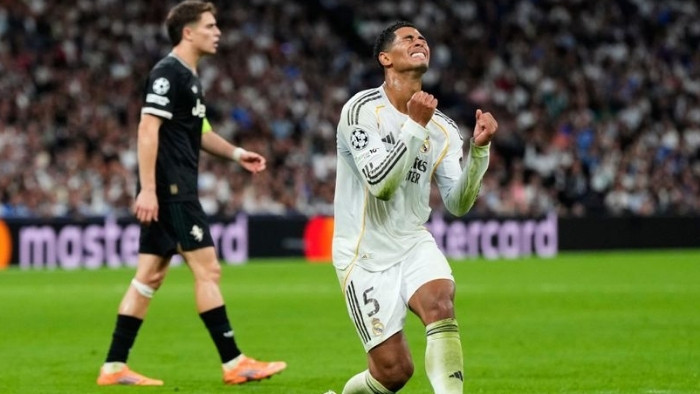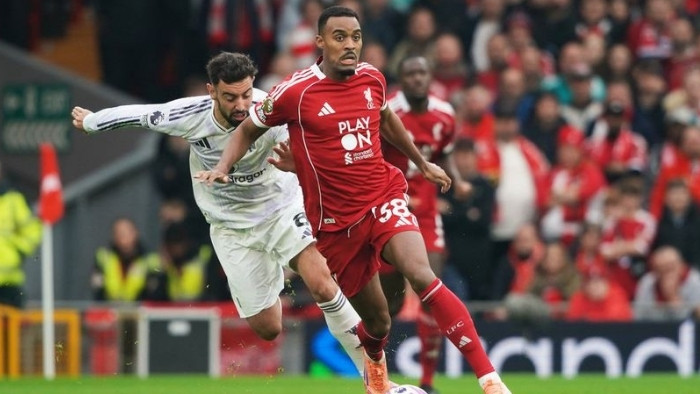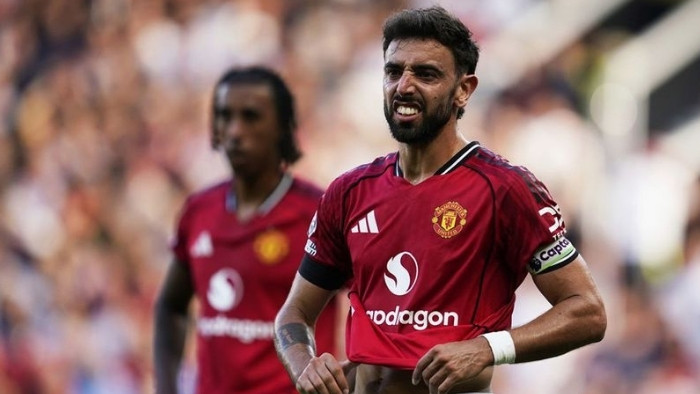Another Star Falls: Ancelotti’s Tax Case Adds to Growing List
Carlo Ancelotti has become the latest football figure to face Spain tax charges.
Spanish prosecutors accused him of failing to declare over €1 million in image rights income.
The case involves his earnings during his first season at Real Madrid in 2014.
The court sentenced him to one year in prison.
However, like others before him, he will not serve time behind bars.
Instead, Ancelotti must pay a substantial fine of €386,000 to settle the issue.
During his testimony in April, Ancelotti denied wrongdoing.
He claimed his financial practices mirrored what others did at the time.
“I thought everything was correct,” he said in court.
A Pattern of Legal Trouble Among Spain’s Football Elite
Ancelotti is far from alone in this tax saga.
Football legends such as Lionel Messi and Cristiano Ronaldo faced similar charges.
Former Real Madrid coach Jose Mourinho also stood trial over tax fraud claims.
These cases share a consistent theme—undisclosed earnings from image rights.
Spanish tax law treats this income with strict, often confusing regulations.
Stars must report global earnings if linked to their time in Spain.
Unfortunately, the law lacks clarity on how much must be taxed locally.
Without a fixed percentage rule, interpretation varies between taxpayers and tax authorities.
That gray area opens doors to legal battles over misreporting.
Why Image Rights Remain a Legal Minefield
Many athletes create offshore companies to manage image rights income.
These firms handle global endorsements and manage earnings beyond club contracts.
However, Spanish tax officials view this setup as risky and potentially illegal.
When players earn money worldwide, determining tax jurisdiction becomes tricky.
Spain claims tax authority over any revenue generated during Spanish contracts.
But global campaigns and branding blur those financial lines.
Without precise guidelines, misunderstandings turn into court cases.
Even good-faith efforts to comply can backfire under scrutiny.
That’s exactly how Messi and Ronaldo got into trouble.
Messi and Ronaldo: When Icons Stand Before the Court
In 2017, Messi and his father faced charges for hiding €4.1 million.
They used shell companies in tax havens to shield image rights income.
The court sentenced both to 15 months, suspended under Spanish law.
Cristiano Ronaldo also clashed with Spanish authorities.
He admitted guilt and paid €18.8 million to avoid prison.
His charges spanned the years between 2010 and 2014.
These cases shocked fans around the world.
Football’s biggest names stood trial in Spain’s high courts.
Their reputations suffered, even after fines and settlements closed the cases.
Mourinho and Other Madrid Icons Join the List
Jose Mourinho also found himself entangled in Spain’s tax web.
Authorities accused him of hiding €3.3 million during his Madrid tenure.
He agreed to pay over €2 million and received a one-year suspended sentence.
Xabi Alonso, Samuel Eto’o, and Luka Modric all faced scrutiny.
Even Luis Figo and Angel Di Maria appeared in tax-related headlines.
This trend shows how widespread the issue has become.
Interestingly, most of these stars played for Real Madrid.
That fact raises questions, but tax laws apply across all clubs.
Barcelona icons like Neymar and Messi prove this point.
Not Just Madrid: Barcelona Legends Also Get Caught
Lionel Messi wasn’t the only Blaugrana star to face charges.
Neymar dealt with allegations during his controversial move from Santos.
That case focused more on fraud than tax evasion but still reached the courts.
Spain’s tax system treats all clubs the same.
Even players from Valencia, Sevilla, or Villarreal must follow strict rules.
High-profile clubs simply draw more public and media attention.
Despite repeated cases, reforms remain slow.
The legal ambiguity continues, creating a dangerous trap for new stars.
Unless lawmakers fix the loopholes, more headlines will follow.
Spain’s Tax Legacy in Football: A Warning for All
The recurring theme across these scandals isn’t malicious intent.
It’s legal confusion and inconsistent enforcement.
Players rely on agents and advisors, but that’s no defense in court.
Spain’s tax law has earned a fearsome reputation among athletes.
Some even consider it before signing with La Liga clubs.
The phrase “tax risk” now appears in many contract discussions.
Football thrives in Spain, but financial clarity doesn’t.
Until reform comes, even honest players could face serious consequences.
This isn’t just about image rights—it’s about legal predictability.
Final Thoughts: Time to End the Confusion
From Ancelotti to Messi, too many legends have faced the same issue.
Each case reveals flaws in how Spain handles image rights taxation.
Players deserve better guidance, not courtroom battles.
Spain must modernize its tax system and eliminate gray areas.
Clarity will benefit clubs, athletes, and national tax credibility.
Until then, even future stars may walk straight into the same trap.
Read too: PSG Without Mbappe: A New Era of Absolute Domination Begins
